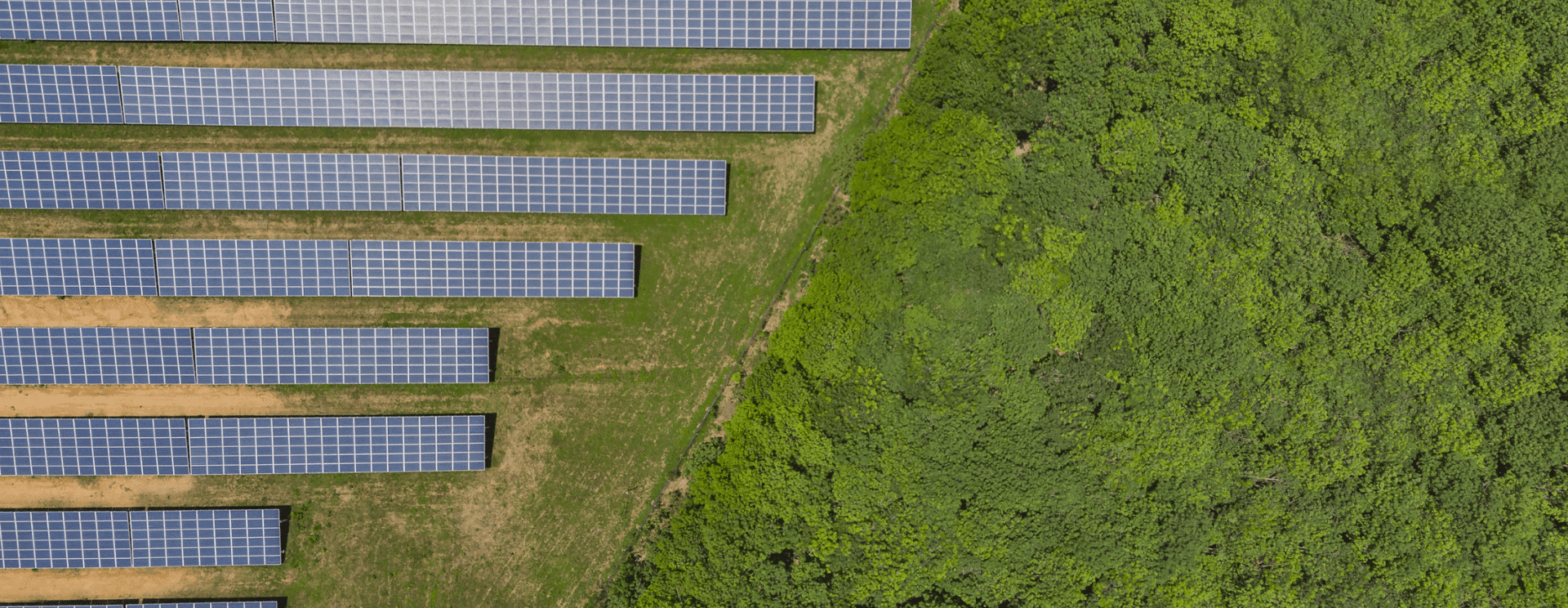Lessons from 3 States on Growing the Solar Energy Industry

Lessons from 3 States on Growing the Solar Energy Industry
South Carolina
Legislation and the Solar Industry Overcoming Disaster
In 2019, South Carolina passed the Energy Freedom Act. The driving theme with this legislation is “resiliency,” and they are taking it seriously. In 2017 and 2018 South Carolina was hit with hurricanes Irma and Florence, which left hundreds of thousands of people without power. Now the state has recognized that solar PV and solar power storage technologies are powerful defenses against future threats to their utilities infrastructure.
The Energy Freedom Act emphasizes “avoided costs and avoided outage costs,” which is a boon for solar energy contractors and the science of public utilities planning in general. This allows South Carolina’s Public Service Commission (PSC) to factor in projected potential costs of losing energy supply during an event like a hurricane. This also emphasizes solar energy storage, or “solar-plus-storage,” which is not yet common in solar energy legislation.
The legal issue of solar energy battery storage comes down to semantics. But the nuance is important and could set a precedent for other states. Before the Energy Freedom Act, net metering defined “customer generators” as “customer-owned or -leased systems that generate electricity from a renewable energy source”. As batteries don’t generate electricity, only store it, they were ineligible. The Energy Freedom Act updates this language to include solar and renewable energy battery storage technologies as eligible parts of a net metering system.
“Avoided outage costs” and “net metering” are not the sexiest or most interesting aspects of solar power. But it’s these details that will help the solar industry flourish, and South Carolina is truly leading the way.
Florida
The Solar Industry Overcoming Unfriendly Legislation
A seemingly obvious contender for solar energy projects, Florida has been slow to grow the industry. This is mainly due to legal roadblocks, specifically language that categorizes most solar energy companies as public utilities providers. This prevents them from selling directly to customers the way other states allow.
But Florida is adapting quickly and showing positive growth every year. In 2019, Florida had the second most solar energy jobs in the country with over 10,300 people working in the industry. This is an impressive 21% increase since 2017. Compare that to California, which has the most solar energy jobs in the country: they have decreased 11% since 2017.
How has Florida managed this growth? Cash. Florida offers some financial incentives for solar and clean energy, such as rebates for customers and net metering policies.
It’s frustrating that Florida has the third best geographic conditions for solar, but a government that’s slow to take advantage of it. But customers want solar and companies are doing everything they can to provide it, which is why Florida is also ranked third in the country for projected installed solar capacity over the next 5 years. If and when their laws catch up to their demand, you can expect that growth to boom.
Massachusetts
Legislation and the Solar Industry Overcoming Weather
There is an undeserved, but understandable, idea that cloudier states like Massachusetts can’t leverage solar as effectively as sunny states. But the costs of solar energy battery storage continue to fall and solar PV technology is advancing rapidly.
This is why legislation on avoided-outage costs and solar-plus-storage, like South Carolina has, is critical. And Massachusetts has some of the most generous net metering and solar energy storage incentives in the country. Their SMART program helps cover battery storage costs for lower-income households, which makes Massachusetts one of the easiest states to adopt solar energy as a consumer.
What These 3 States Tell Us
South Carolina is overcoming natural disasters. Florida’s solar industry is thriving despite an non-supportive government. And Massachusetts’ solar industry is growing despite being a low-sunshine state. What these three states tell us is that solar energy will continue growing no matter what. Between solar PV technology, public demand, legislation, and nature, solar energy will always have a champion.
Check out how our bundled cable saves electrical contractors on solar farm projects.


